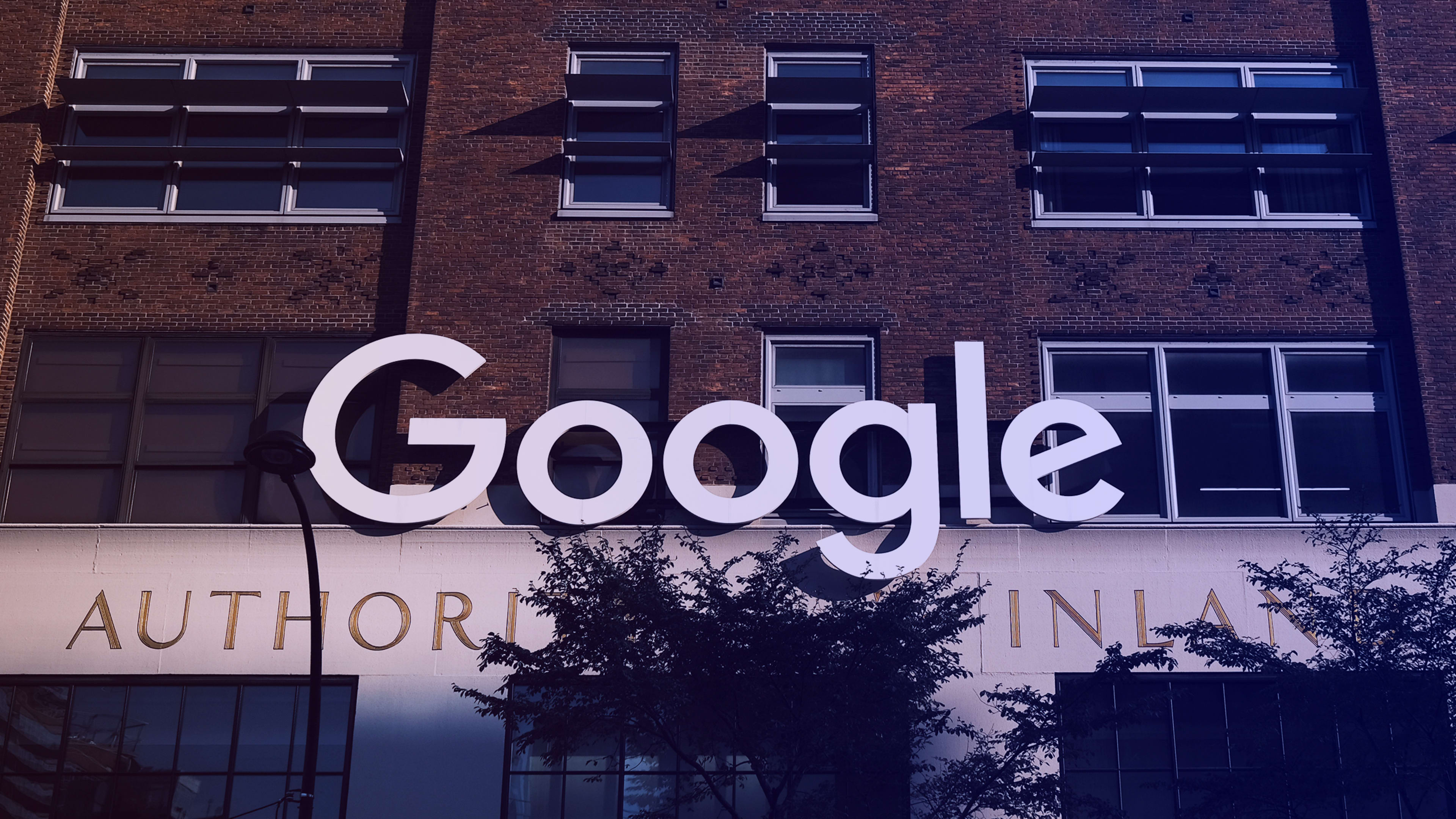Already facing the U.S.’s biggest antitrust case since the ’90s Microsoft saga, Google may be looking at a second lawsuit before year’s end. The Department of Justice is said to be “accelerating” a separate investigation into the company’s digital advertising practices this time, Bloomberg and other outlets reported, and could sue Google again within months. The agency didn’t mince words last October in its first lawsuit, telling Google the very “cornerstones of its empire”—services such as Google Search and Google Ads—dominate the market because Google has monopolies that harm rivals and consumers.
The DOJ’s new investigation turns to whether Google is abusing dominance in another arena: digital advertising. Numerous companies, from rivals to the media to advertisers themselves, say that the tech giant’s ad-tech practices are doing exactly that. Ad tech is a more hidden and knottier side of its business, but it essentially boils down to Google operating these auctions, or exchanges, where publishers can sell ad space and marketers can buy ads. The DOJ is exploring if Google and Facebook conspired to manipulate these online auctions to their benefit—a claim already made by 10 state attorneys general in December, when they filed their own lawsuit.
Google naturally disputes this, telling Bloomberg late yesterday in a statement that its ad technologies in fact “help websites and apps fund their content, enable small businesses to grow, and protect users from exploitative privacy practices and bad ad experiences.” The company contends it’s helped foster more exchange competition, not curtail it. Reached for comment by Fast Company, a Google spokesperson reiterated that same stance.
The complaint by the attorneys general, however, notes incidents that contradict Google’s claim. For instance, after Google bought the online ad company DoubleClick in 2008, it put websites’ ad space onto its own exchange (AdX), yet didn’t let rival exchanges (like Yahoo’s or Microsoft’s) bid on that space at the same time. Shockingly, AdX soon swelled into the largest place to trade for online ads.
These ad-tech products are not huge business for Google—they generated just $23 billion of gross revenue last year, and Google says a lot of this money was paid out to web publishers. Even critics rooting for the DOJ here joked Google’s ad tech “is worth like $14.” A second lawsuit, however, would put more teeth on the Biden administration’s ongoing Big Tech crackdown. Websites have still paid the price, even if ad tech isn’t necessarily a money printer for Google: At its auctions, ad spaces sell for as much as 50% less than they would in rival exchanges.
Recognize your brand’s excellence by applying to this year’s Brands That Matter Awards before the final deadline, June 7.
Sign up for Brands That Matter notifications here.
